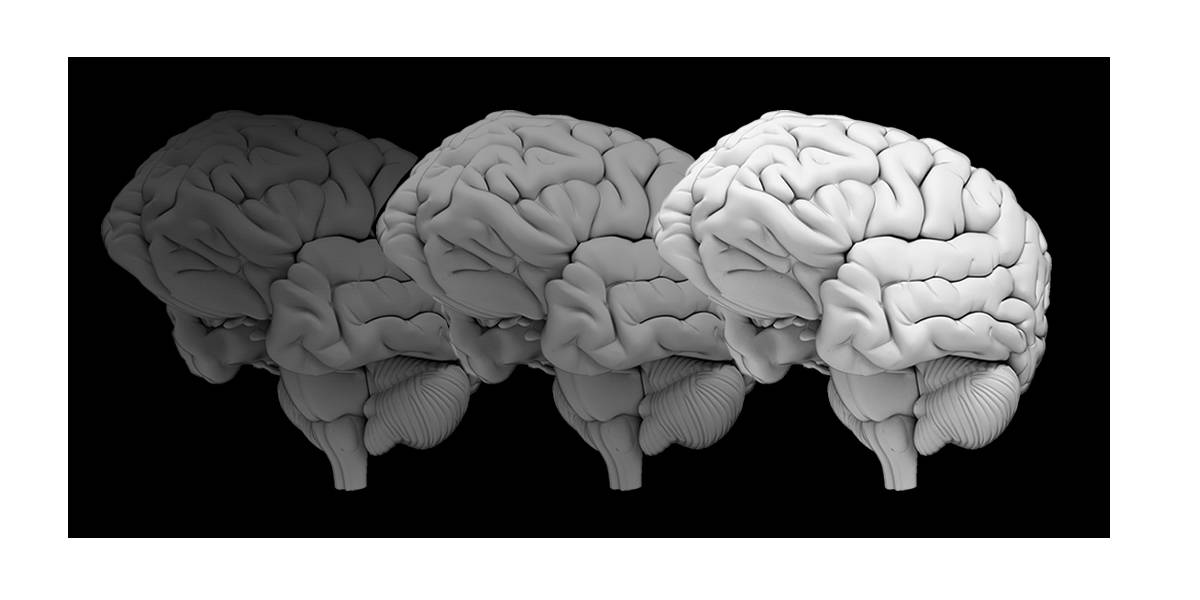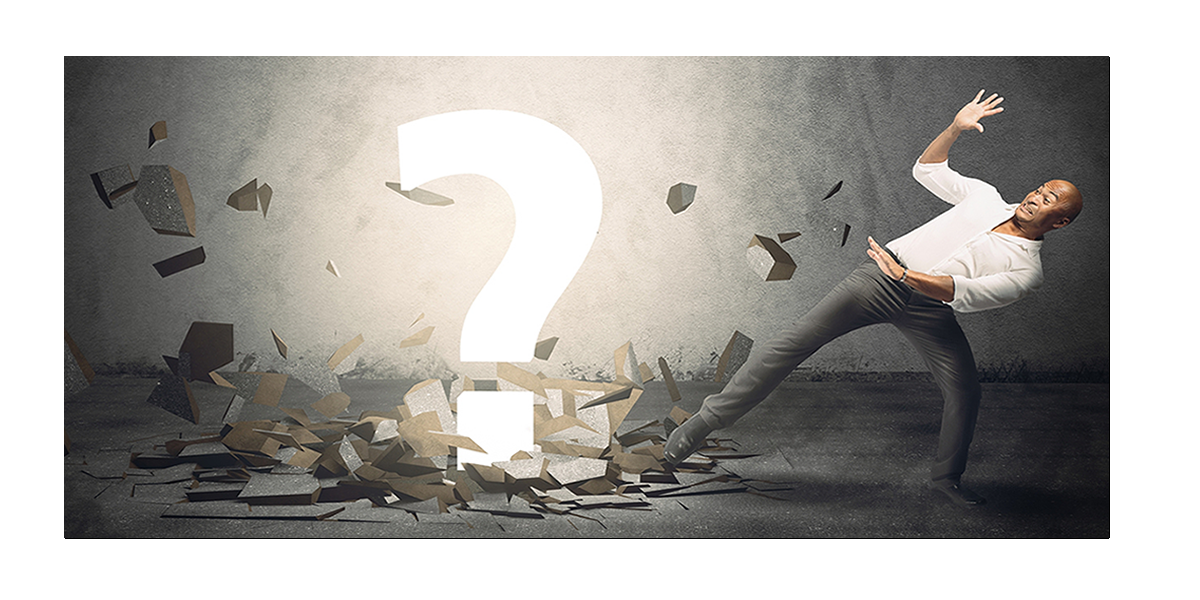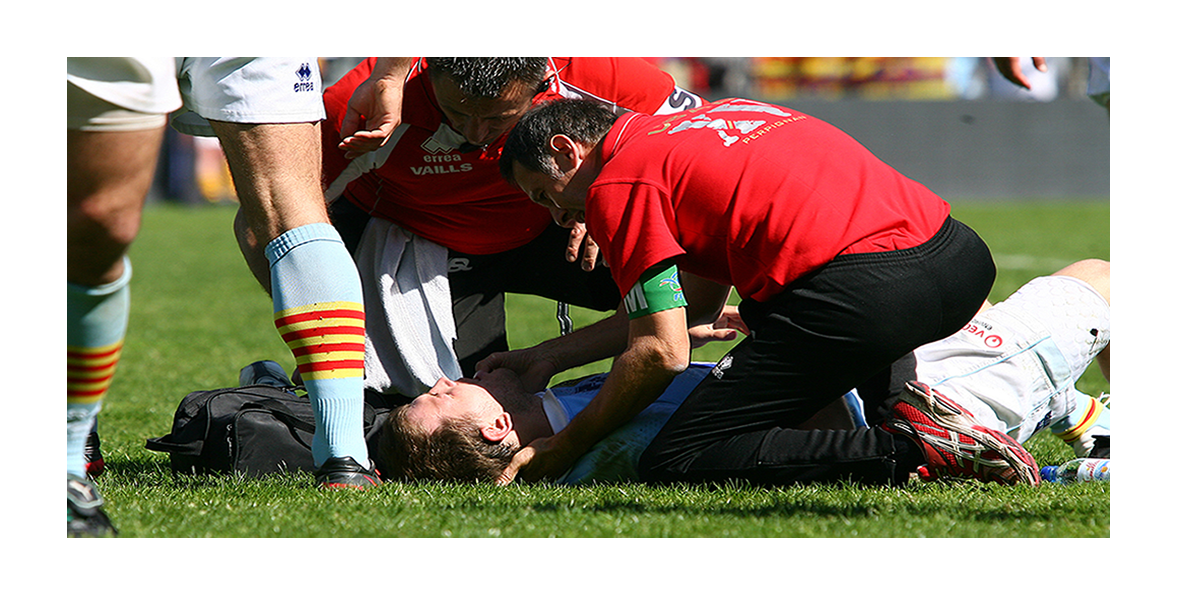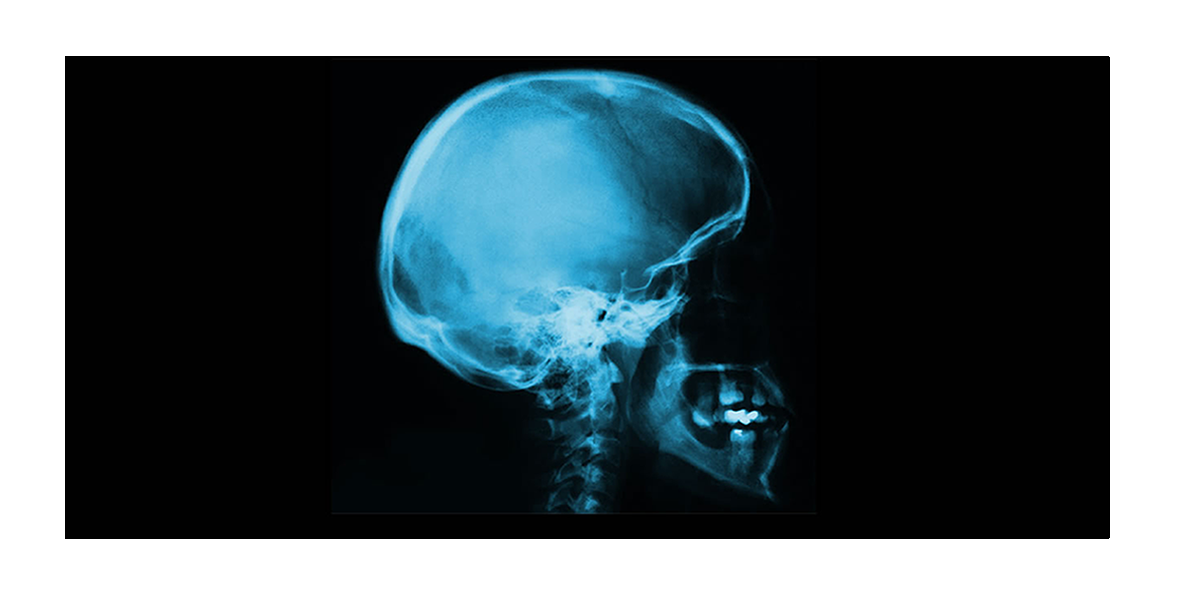|
Loss of Taste and Smell
Brain injury can damage the olfactory nerve, the portions of the brain responsible for processing smell, and/or the nasal structures themselves. Loss of smell and, consequently, taste, may depress appetite or cause weight gain as the sufferer compensates with extremely rich or salty foods. Dizziness and Balance
Damage to the brain stem, inner ear, or areas of the brain that control blood flow often lead to vertigo, dizziness, lightheadedness, or balance problems. Seizures
Seizures are caused by a disruption in the brain’s electrical activity and affect awareness, movement, and/or sensation. Most can be controlled with medication, but untreatable seizures can be extremely disruptive and dangerous. Fatigue
Fatigue, or “adynamia,” is often caused by damage to the frontal lobe, and can result in low energy and frequent exhaustion. Headaches
Head and neck pain are common after a brain injury and can stem from a number of causes, including skull damage, decreased blood flow, muscle tension, meningeal or brain swelling, and/or increased intracranial pressure. Visual Problems
Brain injuries often affect the eyesight. Sufferers may experience double vision, field cuts, sector losses, rapid eye movement, and near-sightedness. Chronic Pain
Brain injury sufferers may experience persistent pain in the head, neck, shoulders, back, or elsewhere, even after the physical injuries have healed. It can be severe enough to disrupt all aspects of a person’s life. Hearing Problems
Damage to the inner ear or temporal lobe can cause tinnitus, hearing loss, ringing, vertigo, or pressure in the ear. © 2008 BIC |
What is Brain Injury?
Brain injury can be a devastating disability, and given the brain’s complexity and the differences in the types, locations, and extent of damage, the effects of a brain injury can be wide and varied. Some occur immediately, and some may take days or even years to appear.
© Brain Injury Center 2015
Contact Us
The Human Brain
The human brain in an incredible thing! It’s one of the most complex and least understood parts of the human body, but science is making new advances every day that tell us more about the brain.
The average human brain is 5.5 inches wide and 3.6 inches high. When we’re born, our brains weigh about 2 pounds, while the adult brain weighs about 3 pounds.
The brain accounts for about 2% of your total body weight, but it uses 20% of your body’s energy!
It sends out more electrical impulses in one day than all the telephones in the world, and it’s estimated that the brain thinks about 70,000 thoughts in a 24-hour period.
Warning: Graphic photo
© 2008-2015 Brain Injury Centre






